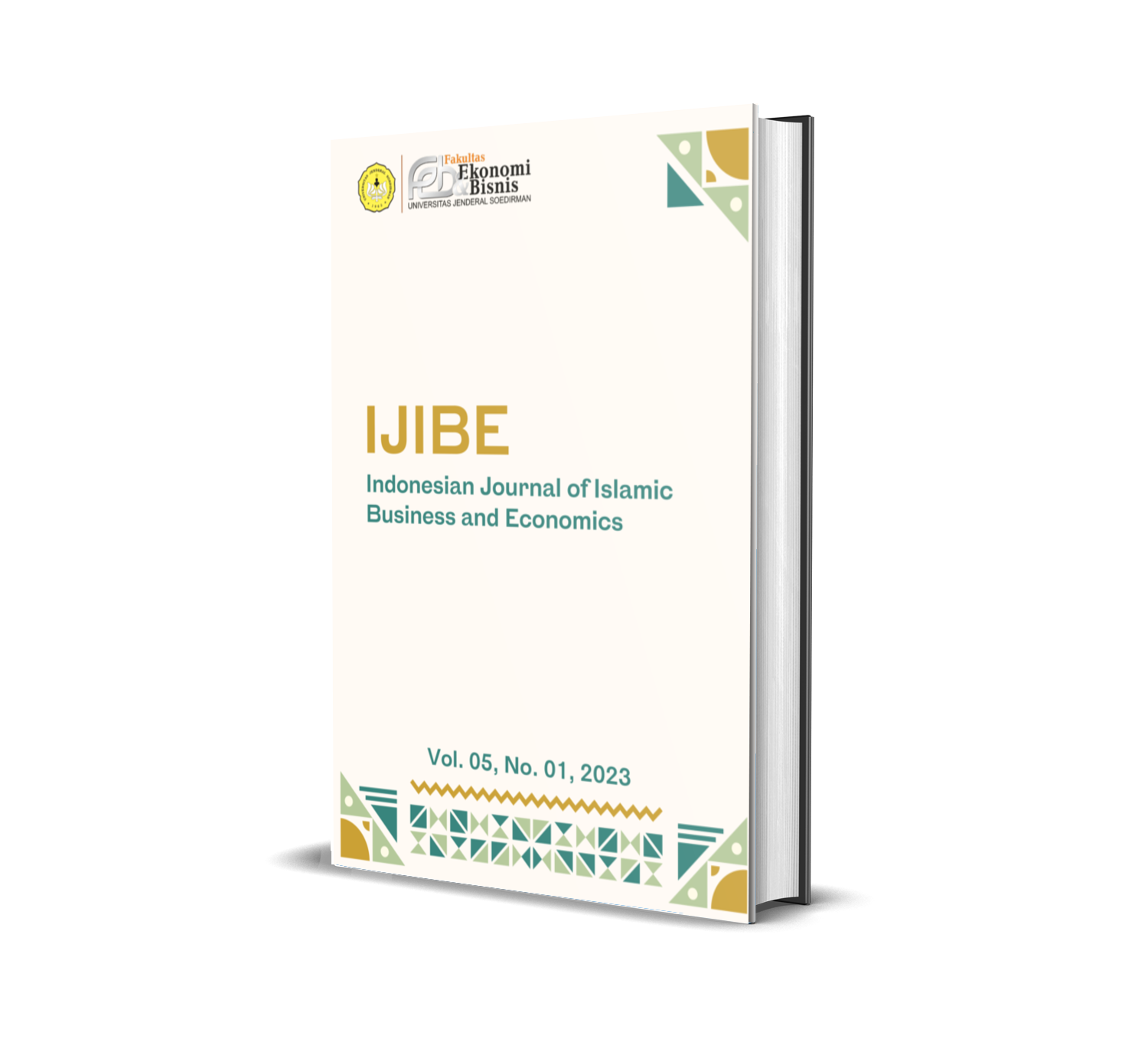Sharia Compliance Implementation In Saving With Rewards
Main Article Content
Abstract
The background of this study is based on the phenomenon of the problem that there are still differences of views among scholars regarding of saving with reward by Islamic financial institutions, one of which is the tabungan berhadiah product at Bank Syariah X. This study aims to measure customer perceptions of sharia compliance with tabungan berhadiah product at Bank Syariah X. The data from this study were obtained from the tabungan berhadiah customers at Bank Syariah X, which totaled 50 respondents. The research method used in this study is descriptive quantitative with data analysis techniques using descriptive statistics. While the dimensions used in this study are DSN MUI No.2 year 2000 concerning the saving, DSN MUI No.86 year 2012 concerning rewards in Islamic financial institutions. The results of this study show that the sharia compliance of rewards in Islamic financial institutions is in accordance with the fatwa of the MUI DSN. The dimensions of the DSN MUI No.2 year 2000 concerning the saving, DSN MUI No.86 year 2012 concerning rewards in Islamic financial institutions, including in very good criteria. The impact of discussion about this product on icreasing literacy about sharia compliance on product in Islamic financial institutions especially tabungan berhadiah in bank syariah X.
Article Details

This work is licensed under a Creative Commons Attribution-NonCommercial-ShareAlike 4.0 International License.
Authors who publish with this journal agree to the following terms:
- Authors retain copyright and grant the journal right of first publication with the work simultaneously licensed under a Creative Commons Attribution License that allows others to share the work with an acknowledgement of the work's authorship and initial publication in this journal.
- Authors are able to enter into separate, additional contractual arrangements for the non-exclusive distribution of the journal's published version of the work (e.g., post it to an institutional repository or publish it in a book), with an acknowledgement of its initial publication in this journal.
- Authors are permitted and encouraged to post their work online (e.g., in institutional repositories or on their website) prior to and during the submission process, as it can lead to productive exchanges, as well as earlier and greater citation of published work (See The Effect of Open Access).

